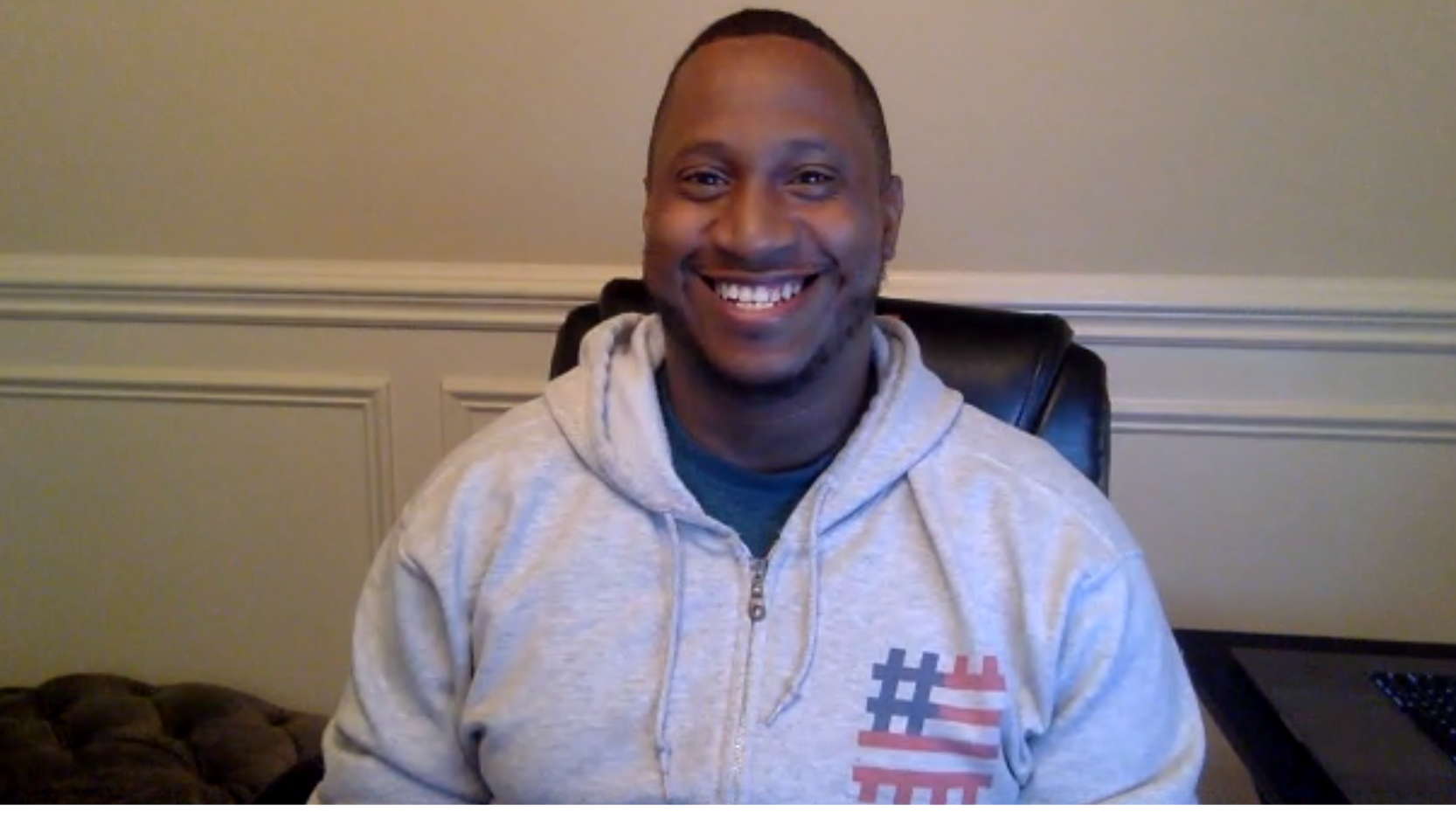 POLICY
POLICY
 POLICY
POLICY
 POLICY
POLICY
Organizations forced to go remote due to COVID-19 are figuring out that there are pros and cons to the arrangement. Some may even keep working from home after restrictions lift for the sometimes surprising efficiency and productivity gains.
Jerome Hardaway (pictured), founder of Vets Who Code, was not surprised at the efficiency boost his 501(c)(3) nonprofit organization experienced since going remote. To him, the reduced overhead costs involved in remote versus traditional operations have always been a no-brainier for nonprofits.
“I was the crazy person in the room when, in 2014, I was saying nonprofits should move to remote-first protocols,” Hardaway said, so they could have greater impact at less cost. When the coronavirus arrived, the organization suddenly had to implement an all-remote strategy and found out it’s not such a crazy idea after all.
Hardaway spoke with Stu Miniman, host of theCUBE, SiliconANGLE Media’s livestreaming studio, for a CUBE Conversation. They discussed Vets Who Code’s mission to educate veterans and how COVID-19 and remote operations have affected the organization.
Vets Who Code trains veterans and military spouses to be front-end JavaScript developers. In the wake of COVID-19, the organization is seeing a rise in applications from those interested in developing their career skills. Operating remotely isn’t just necessary as a health and safety measure; it’s also helping to accommodate the new students who are taking the free coding courses from the comfort of their homes, according to Hardaway.
The organization has been able to dive deeper into more subjects since students have had more time on their hands. For example, it has launched biweekly, remote lunch-and-learn sessions.
“We actually have a lunch-and-learn next week with Dr. Lee Johnson,” Hardaway said. “We open that to all juniors, entry-level devs, developers regardless of whether you’re a veteran or not. We just throw it on Twitter. As of right now, we’ve helped 252 veterans in 37 states get jobs.” He think his group’s economic impact is at $17.6 million so far.
The organization, founded and run by vets, provides lifelong training and support for its alumni, 80% of whom are placed in jobs before they graduate. Some students have gone on to work for big-name companies. For example, one graduate who began working at a web shop in Savanna, Georgia, went on to land a job with Amazon, according to Hardaway.
Here’s the complete video interview, one of many CUBE Conversations from SiliconANGLE and theCUBE:
Support our mission to keep content open and free by engaging with theCUBE community. Join theCUBE’s Alumni Trust Network, where technology leaders connect, share intelligence and create opportunities.
Founded by tech visionaries John Furrier and Dave Vellante, SiliconANGLE Media has built a dynamic ecosystem of industry-leading digital media brands that reach 15+ million elite tech professionals. Our new proprietary theCUBE AI Video Cloud is breaking ground in audience interaction, leveraging theCUBEai.com neural network to help technology companies make data-driven decisions and stay at the forefront of industry conversations.